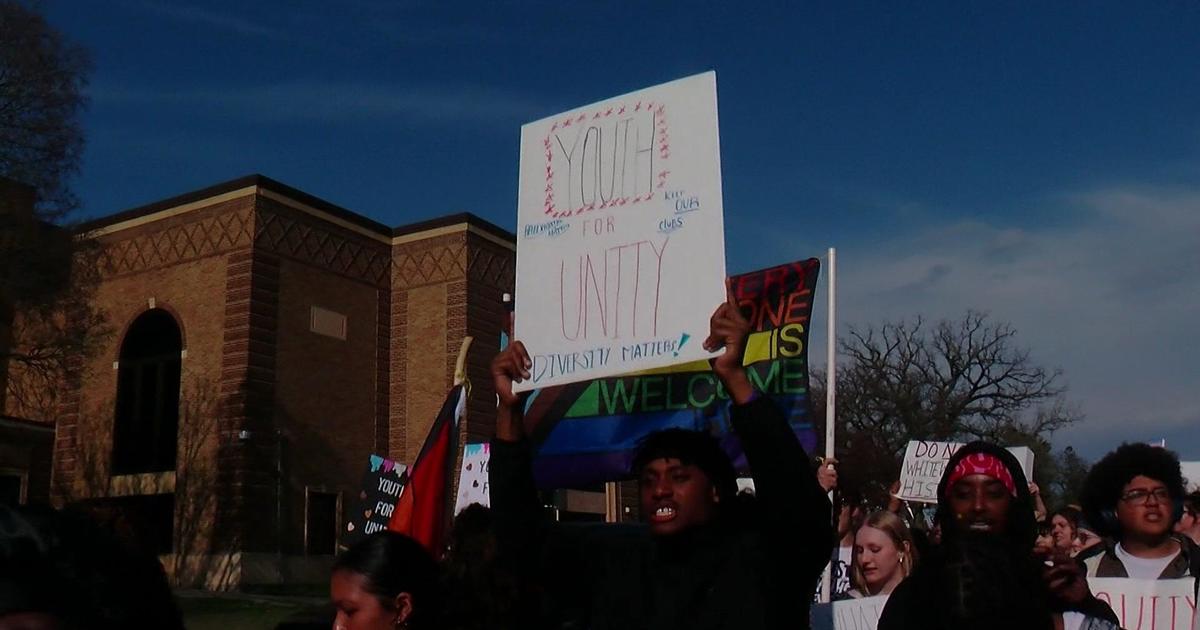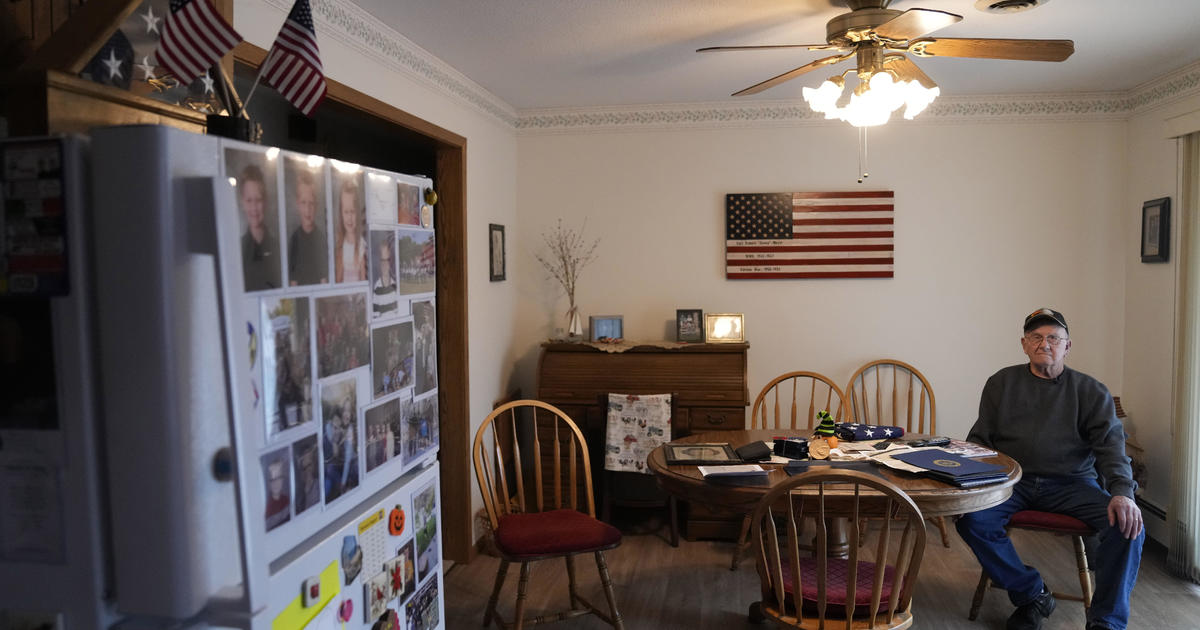Wis. Assembly Cancels Vote On Repeal Of Mask Mandate: 'A Win For Public Health'
MADISON, Wis. (AP) — Wisconsin's Republican-controlled Assembly on Thursday abruptly canceled a vote to repeal Democratic Gov. Tony Evers' mask mandate in the face of broad criticism from the state's health, school and business leaders and out of concern it would jeopardize more than $49 million in federal aid.
Assembly Speaker Robin Vos said he still believed the Assembly would vote one day to repeal the mandate, but that lawmakers wanted to "pause and do our due diligence" to ensure no federal money would be lost.
Democratic Minority Leader Gordon Hintz heralded the change of heart.
"It's a win for the public, a win for public health," Hintz said.
The surprise change in direction for the Assembly came after news broke hours before the scheduled vote that repealing the governor's emergency health order and undoing the mask mandate would also jeopardize federal food assistance for low-income people. The COVID-19 aid bill passed by Congress last year gives states the federal money but only if they have emergency health orders in effect, a memo from the nonpartisan Legislative Fiscal Bureau said.
This month alone, nearly 243,000 Wisconsin households received $49.3 million in federal assistance, the memo said.
The Senate on Thursday tried to fix the problem. It passed a bill with a provision that would give the governor authority to issue emergency health orders only for the purpose of accessing the federal money. But that was attached to a larger COVID-19 bill that was at risk of an Evers veto because it contains provisions that would prohibit employers from mandating workers get vaccinated and give Republican legislators control over federal COVID-19 relief dollars.
Vos said he thought that bill would solve the problem, but wanted to make sure before scheduling the mask mandate repeal for a vote.
Asked if he thought the Assembly would still vote at some point to repeal the order, Vos said, "I believe we will."
Wisconsin has had a statewide mask mandate since August. It is scheduled to run until March 20.
The mask resolution had been moving quickly through the Legislature. It was introduced last week, not subject to a public hearing and passed by the Senate on Tuesday.
Republican lawmakers contend that Evers exceeded his authority by issuing multiple health emergencies and mask orders rather than asking the Legislature for approval every 60 days. That issue is also being argued before the Wisconsin Supreme Court.
Even if Wisconsin's statewide order goes away, Milwaukee and Dane Counties — the state's two most populous counties — and cities including Green Bay, Beloit, Racine, Superior and Whitewater have their own mask orders in place. Several rural counties have also enacted mask mandates.
More than 40 public health organizations, as well as state and local health officials, urged the Legislature to reconsider the vote. Wearing masks is one of the pillars of recommendations from health experts worldwide to slow the spread of the coronavirus, along with physically distancing, washing hands and avoiding crowds.
Wisconsin lags in distribution of coronavirus vaccines, health officials have warned of the spread of contagious new variants and total deaths due to COVID-19 are nearing 6,000.
The Legislature has fought Evers over his response to the pandemic from the beginning. Republicans supported a lawsuit that resulted in the Wisconsin Supreme Court overturning Evers' "safer at home" order in May. Conservatives also succeeded in blocking capacity limits Evers established for bars, restaurants and other establishments, a case that is now before the state's highest court.
Republicans also blame Evers for the slow vaccine rollout, but he has said the frustrating pace is due to the federal government not supplying enough to meet demand.
The Legislature considered other coronavirus-related bills Thursday.
The Assembly passed a bill that would require immediately prioritizing the vaccination of everyone over age 60. Currently, only those over age 65 are eligible. Under the bill, the general public would be eligible no later than March 15.
It also voted in favor of allowing pharmacy students and pharmacy technicians to administer the vaccine.
The Senate passed a broader COVID-19 response bill that included the purported fix to the loss of federal money, a prohibition on employers mandating vaccines for workers and gives the Legislature control over federal money to fight the pandemic. Evers had endorsed a more limited version of the bill without those provisions. The Assembly was expected to give final approval of the bill, which would send it to Evers.
His spokeswoman did not immediately return a message about whether he would sign the bill.
(© Copyright 2021 The Associated Press. All Rights Reserved. This material may not be published, broadcast, rewritten or redistributed.)



